Description
The fig is a fruit that grows on the ficus tree (Ficus Carica). Ficus caria is one of the mulberry family plants. Although figs, which have been consumed lovingly for centuries, are produced quite frequently in the world, they are mostly produced in Turkey. According to FAO data, 1,057,000 tons of figs were produced in the world and 280,000 tons of this was grown in our country. It is grown in our country, especially in the Aegean Region, and the highest rate of figs is grown in Aydın.
As with every vegetable and fruit, it is important to consume figs in their season. While we can reach dried figs continuously throughout the year, we have to wait for the months of August and September for fresh figs.
Figs come to the forefront not only with its taste but also with its benefits to human health. As it contains dietary fiber, minerals, vitamins and antioxidants, the calorie of medium figs is only 35-40 calories. Figs, which have serious health benefits, contain sodium, potassium, magnesium minerals and vitamins C, B3, B6, B2, K, and are also a good source of fiber. In this article, we will examine the health benefits and harms of figs and the situations that need to be careful in consumption.
Some vitamins and minerals contained in figs:
vitamin A
C vitamin
vitamin K
B vitamins
Potassium
Magnesium
Zinc
Copper
Manganese
Iron
What are the benefits of figs?
1) Figs contain high levels of protein, vitamins and minerals. With this feature, it provides cell regeneration.
2) It contains high levels of calcium, iron, magnesium, phosphorus and B vitamins. When 100 grams of dried figs are eaten, 17% of the body’s daily needs of calcium, 30% of iron and magnesium, 20% of phosphorus, 5% of vitamin B1 and 4% of vitamin B2 are met.
3) It benefits blood pressure. It is rich in potassium, which plays an important role in regulating blood pressure. People who do not regularly consume vegetables and fruits and consume processed foods high in sodium may experience potassium deficiency, which can lead to hypertension.
4) It provides weight control and is used in the treatment of obesity. Fiber and fiber-rich foods have a positive effect on weight control. Figs are also very rich in dietary fiber. There is an average of 1 gram of dietary fiber in 1 medium fig, which meets 6% of the daily fiber we need. At the same time, thanks to figs, your need for sweets is satisfied, so you do not consume harmful foods or consume less. With these features, figs can be used in weight loss and protection programs in your weight management if portion control is done.
5) Protects the body from some harmful bacteria. Figs facilitate digestion with the fibers it contains, and thanks to this feature, it plays a role in protecting your body from harmful bacteria.
6) It positively affects bone and tooth health. Thanks to the high phosphorus and calcium it contains, it is good for bones and teeth. The calcium in figs is digested more easily than other foods, so it is recommended for people who cannot drink milk to consume figs.
7) Protects from cancer. The substance called benzaldehyde in figs prevents the growth of cancerous cells, and the antioxidants in it also have an inhibitory effect on the growth of cancer cells.
8) It has a laxative effect. Especially prepared with dried figs, the infusion is a highly effective laxative that can be used in children without fear. The preparation is as follows: 2-3 dried figs are chopped and infused for 10-15 minutes by adding boiling water to it. It is recommended to drink 2-3 glasses a day.
9) Prevents the formation of warts. The milk in the leaves of the young fig is effective against warts. In order to achieve this effect, the milk from the leaf of the young fig is applied to the wart. When done regularly, the wart disappears.
10) It prevents boils ripening and hemorrhoids. Decoction is prepared with dried fig leaves. This decoction acts against hemorrhoids (hemorrhoids) and boils.
The preparation of the decoction is as follows: The young fig leaves are dried in an airy and sunless place, then the leaves are shredded. 2 or 3 teaspoons of dried fig leaves are boiled in a glass of water for 30 minutes and the cloth moistened with the decocting water prepared in this way is wrapped around the hemorrhoids or a boil. Drink 2-3 glasses of this decoction against hemorrhoids during the day.
11) Studies have shown that it prevents the formation of breast cancer after menopause. In a study conducted with 52,823 women who have been in menopause for about 8 years, it was seen that those who included fibrous fruits in their diet had a 34% lower risk of developing breast cancer compared to others. The fact that not only fruits but also cereals contain high levels of fiber shows that they also have a reducing effect on the risk of developing cancer.
12) It is a storehouse of antioxidants, vitamins and minerals: Especially dark colored fresh figs; It contains many antioxidant components such as carotene, lutein, tannin and vitamins beneficial to our health such as A, E, K. Thanks to its rich content of antioxidants, minerals and vitamins, it protects the body from harmful components and also ensures that our immune system is strong.
13) Balances insulin release. Since it contains high levels of potassium and magnesium, it balances insulin secretion. Thanks to this feature, patients with diabetes can also consume figs.
14) Protects heart health. It maintains the blood pressure balance with the presence of potassium minerals and thus positively affects the heart health.
15) Cleanses the body.
Thanks to the antioxidants it contains, figs play an active role in cleaning the blood and intestines, and at the same time, it creates resistance against eye and respiratory tract disorders that may occur in adults.
16) It is good for stomach ailments. Thanks to its high fiber content, it has positive effects on the stomach. Studies have shown that it is good for stomach ailments such as ulcers, reflux and gastritis.
17) It is good for skin diseases. The antioxidants that figs contain have positive effects on skin health.
Those who have acne problems, make the fig puree and apply it to the face for 20 minutes, and their skin will be cleaned.
18) It nourishes the hair. With its magnesium and vitamin C, figs nourish the hair and hair follicles and give the hair a natural look.
19) It has positive effects on osteoporosis, eczema, psoriasis and diabetes. proper portion
It has been seen that if it is consumed in the open, it is good for diabetes by eliminating the fiber and sweet cravings in its content.
20) It is good for constipation. With the high fiber content of figs, it cleans the intestines and is good for constipation.
21) It lowers blood pressure. It is recommended that those with high blood pressure disease include figs in their diet.



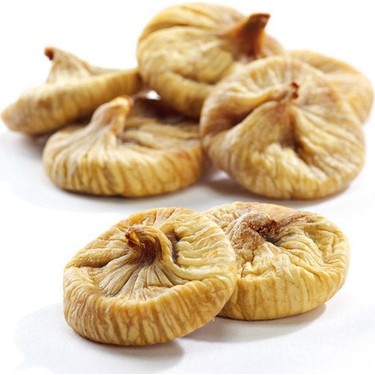
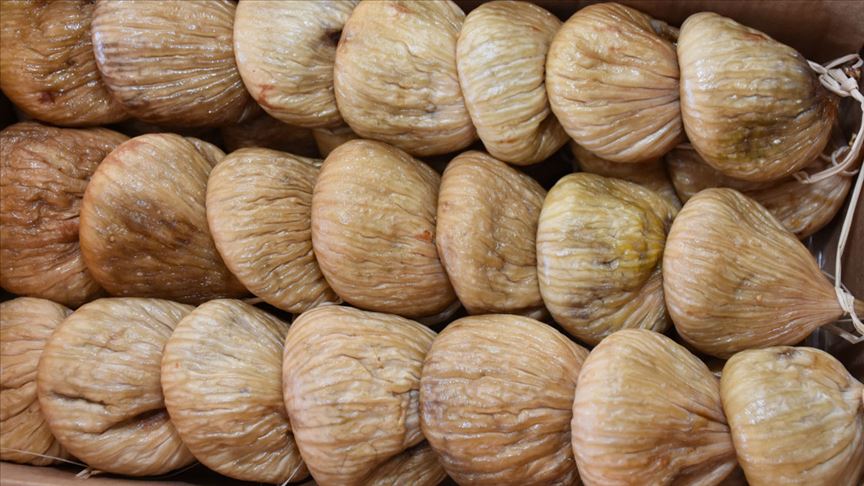
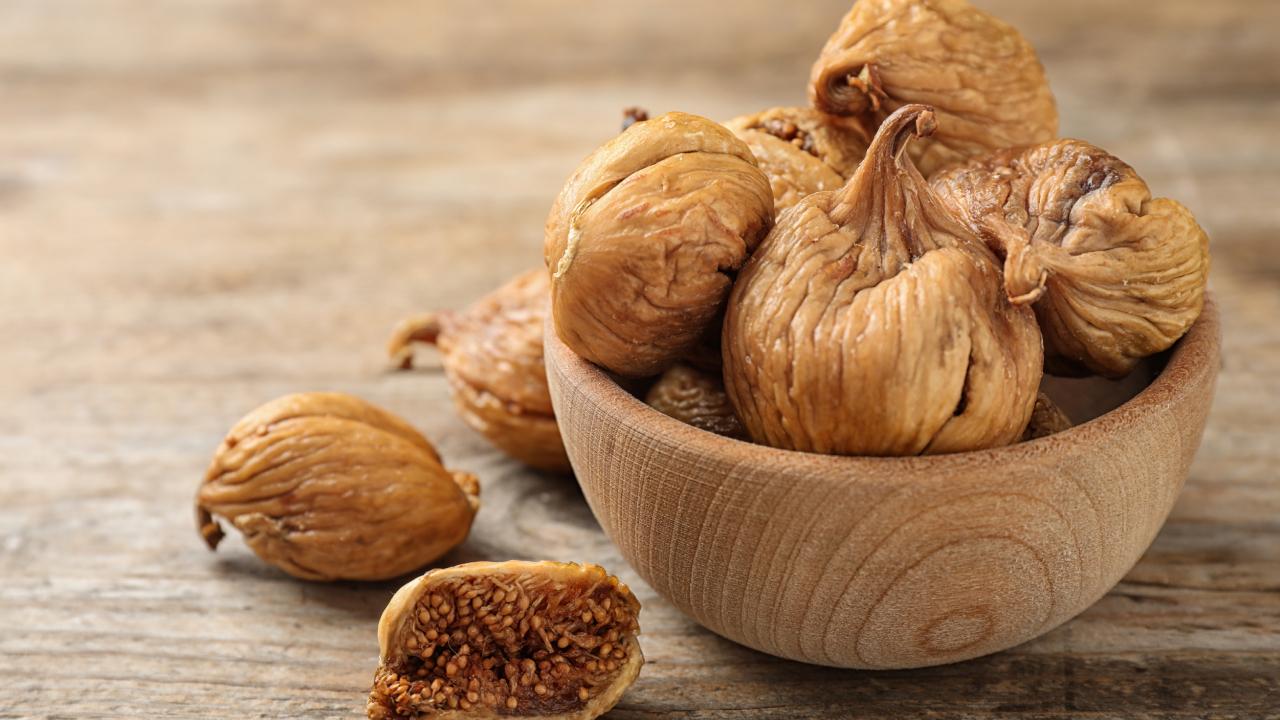
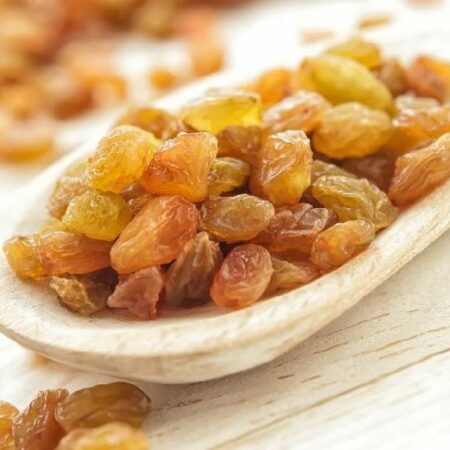

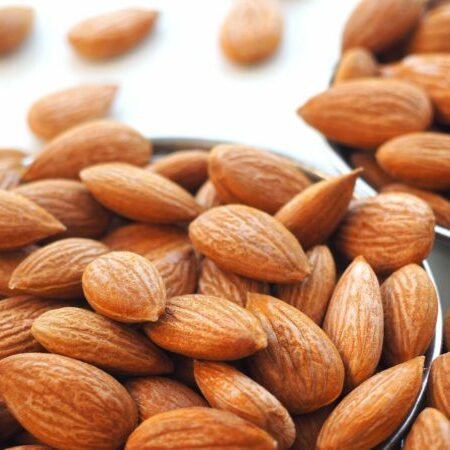
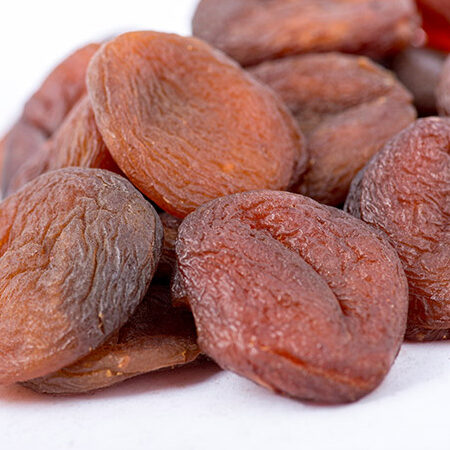
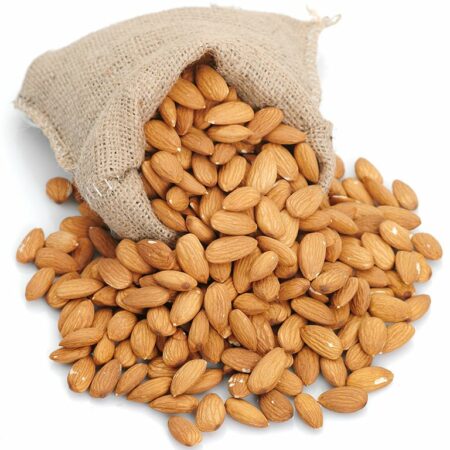
Reviews
There are no reviews yet.